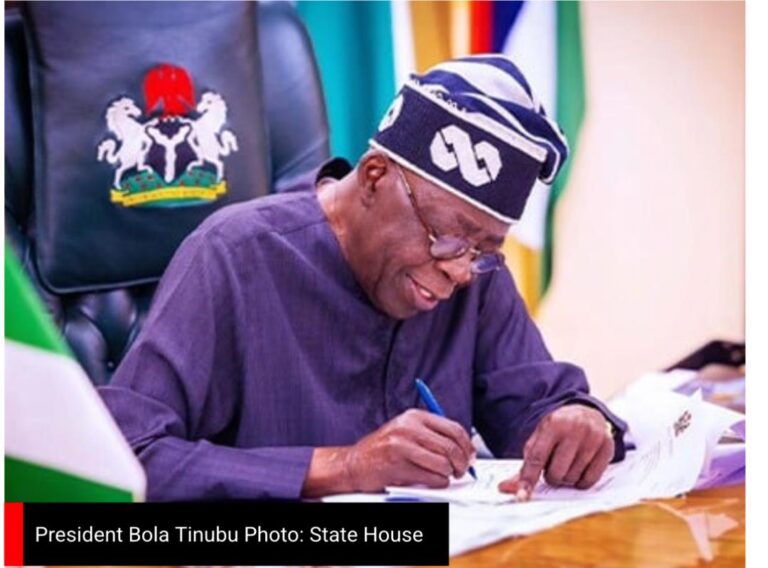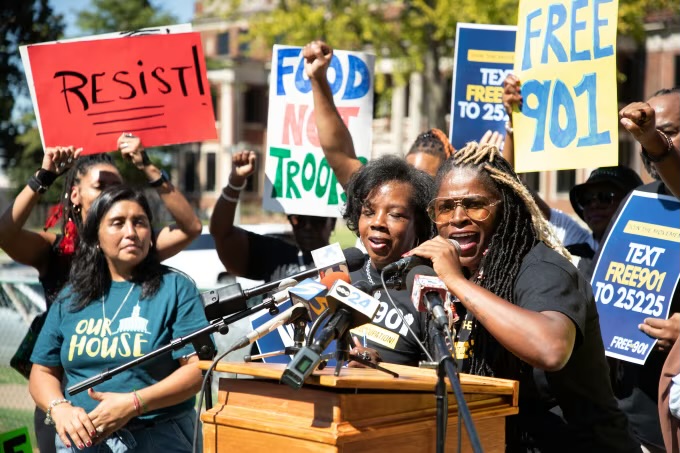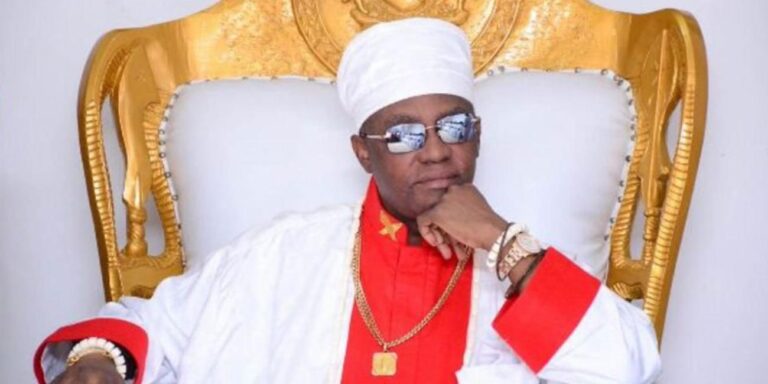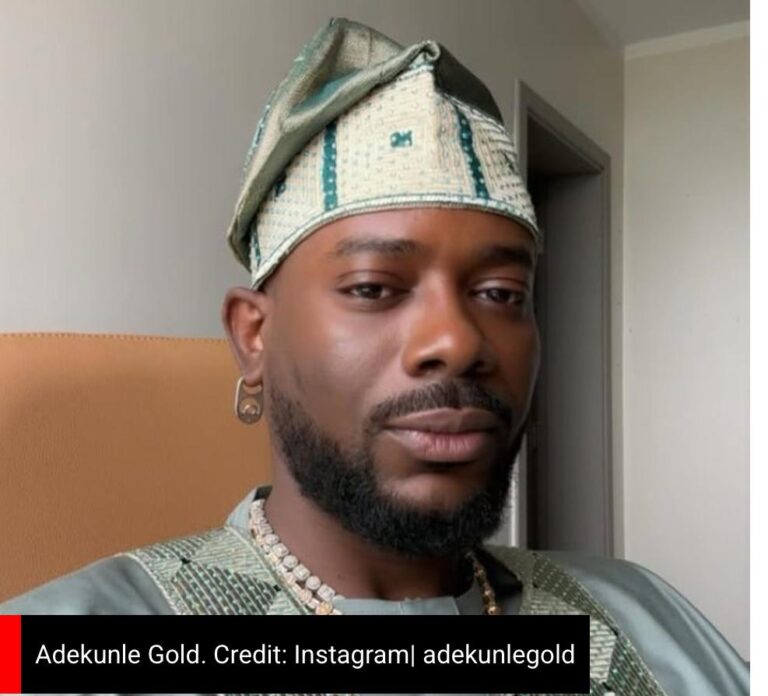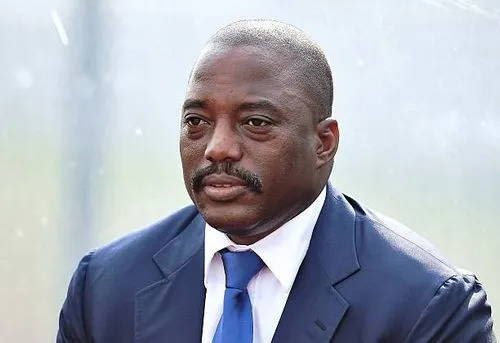
Former President Joseph Kabila, who ruled the Democratic Republic of Congo for nearly two decades after assuming power at 29, now faces the death penalty following his sentencing in absentia for treason.
Kabila, 54, took office after his father, Laurent-Desire Kabila, was assassinated by a bodyguard in 2001.
With his soft-spoken voice and youthful appearance, he initially conveyed the impression of being an unremarkable figure,” wrote Belgian historian David Van Reybrouck.
Kabila stayed on as president of sub-Saharan Africa’s biggest and most volatile state for two terms, stepping down in 2019 in favor of Felix Tshisekedi.
Following his departure from power, Kabila departed the DRC in 2023, yet maintained his lifelong senatorial status and parliamentary immunity, as well as his sway over Congolese politics.
The solitary, secretive figure returned to Goma in late May, following appearances in South Africa and Namibia, and after the city had been seized by anti-government fighters from the M23 armed group earlier in the year.
Days earlier, Kabila, now beardless, had declared his successor’s tenure to be a “dictatorship” in an online address.
The alarm bells rang in Kinshasa, nearly 1,000 miles (1,600 kilometres) away, following Kabila’s return, given the swift progression of the M23 in the mineral-rich east, which is known for its volatility, and its ties to Rwanda.
The government of Tsishekedi advocated for the removal of his immunity, leading to his prosecution for treason, war crimes, and collusion with the M23.
Born on June 4, 1971, Joseph Kabila’s birthplace was his father’s stronghold in South Kivu, eastern DRC.
From the age of five, he spent most of his childhood in Tanzania, across the border, before rejoining his father in September 1996, at the commencement of the First Congo War.
Following military training in China, he swiftly returned to join the army at the onset of the Second Congo War in 1998.
Upon his father’s assassination, he inherited a war-torn country, which would remain embroiled in conflict until 2003.
At the time, the central government’s authority was limited to parts of the west and south, and despite the DRC’s vast natural resources, its approximately 100 million people remained among the world’s poorest.
Kabila’s status as an outsider in the capital was largely due to his upbringing in exile, as well as his limited ability to speak French and Lingala, the prevalent language in Kinshasa.
He frequently seemed uncomfortable during official engagements, yet appeared most content when operating tractors or construction equipment at inaugurations.
“He has an introverted personality, he’s disciplined and he loves discretion,” a member of Kabila’s inner circle stated.
The solitary and secretive “man of the east”, said to be a fan of videogames and cars, surprised foreign diplomats with his political savvy, having initially viewed him as a puppet of his father’s old guard.
He was confirmed as president in a vote in 2006 — the first free elections since independence from Belgium in 1960.
-Honeymoon is over-
The honeymoon period was short-lived, and in 2011, following elections tainted by widespread irregularities and persistent allegations of corruption and misgovernance, Kabila secured a second term.
However, in Kinshasa, a bustling metropolis of nearly 17 million residents, he garnered a mere 16.5 percent of the vote.
The main opposition party disputed the overall result, plunging the DRC into a state of political turmoil.
In 2015, widespread protests erupted as Kabila sought to extend his tenure through an unconstitutional third term.
The resultant violence claimed numerous lives as he struggled to retain power.
Eventually, he stepped down, paving the way for the first peaceful transfer of power in the DRC since gaining independence.
Detractors have questioned the legitimacy of the transition, suggesting that Kabila intended to maintain control from behind the scenes by manipulating the electoral process to secure Tshisekedi’s victory.
In any case, the coalition pact between Tshisekedi and Kabila collapsed within a two-year period, with the former actively working to marginalize his predecessor.
In his occasional interviews, Kabila portrays himself as a modest statesman who dedicated himself to rebuilding a country devastated by decades of war and destruction, speaking in a soft-spoken manner.
He responds to allegations that he awarded favorable mining contracts to foreign entities at the expense of the DRC’s development.
As an Anglican, Kabila is married to Marie Olive Lembe Kabila, with whom he has two children: a daughter, Sifa, and a son, Laurent-Desire.


